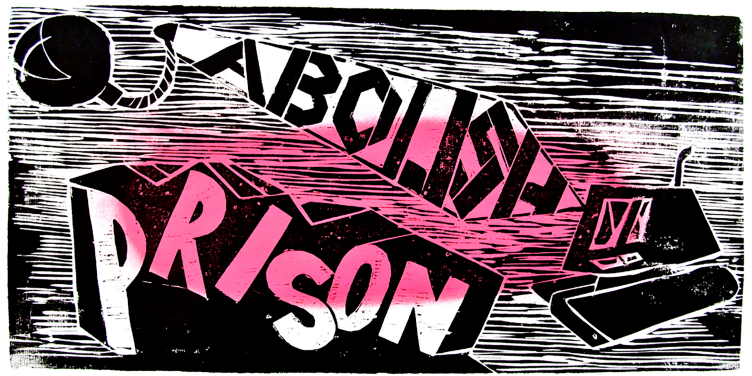-sent by email
02/18/2024 1:47 PM EST
It was fifteen degrees outside this morning so I knew we weren’t going to have yard. I had been reading Issue 40 of The Abolitionist when the call for day room came. I wandered into the day room, plugged my tablet into the kiosk and headed to one of eight tables in the room to drink my coffee and continue reading. At the far end of the table, two young Black males, both 23, were conversing about happenings in their ‘hood (SW Philly). I knew them both and was especially close to one of them. I slid toward their end of the table, making it obvious that I was listening to them, and waited to get their attention.
Before long, we were engaged in conversation. One of them was very angry with “the system.” His minimum prison sentence is 13 years. He has six years inside. He felt the system was wasting 13 years of his life and that he was going to make up for that lost time upon release.
I asked him why the 13 years had to be a waste. He felt that no matter what he did inside, the time was gone so it was a waste. I explained that it didn’t have to be. That he could use the time to benefit himself, to not let the system win. Getting to this point took more than 30 minutes. He really didn’t see how one makes prison time beneficial.
I shared some of what I have been involved in as an organizer and writer. I told him it all started with reaching out across the walls, with making connections. I shared how doing so helped me grow and benefit from this time. And because he has seen my work (political education and mutual aid) in the prison and on the block, he believed me, knew that it was possible.
We began to talk about gun violence, a real issue in the lives of young, Black men. I told them about the roundtable I convened at another prison. Both of them were adamant about not putting down their guns. They had reasons. Many of them. They also felt that people didn’t understand them or try to understand them. No one was listening. I told them there our people
I told them there are people out there who do care, who do want to hear their voices. People who know those closest to the problem are closest to the solution. And no one is closer to the problem of gun violence than young Black men. They are the most likely victim of gun violence in the country. They are spoken about but rarely spoken to. They aren’t being asked why they carry guns. They aren’t being asked why this type of violence happens. They surely aren’t being asked how to solve, diminish, gun violence.
I asked each one of these men about their experiences, their lives before incarceration, and what could be done to stem violence. I listened. Some thing many don’t do when it comes to young Black people. And I learned. A lot. I asked each person to write a two page essay explaining why they weren’t going to put their guns down. No judgement. They have their reasons for feeling that carrying a gun is best for them, despite the possible consequences. I offered to share these essays with the world anonymously so people could hear their voices. They demanded I share them with their names attached.
All of this has moved me to reconvene the roundtable. The plan is to bring these young men together to discuss a problem that has and continues to vex them. From my previous roundtable, I learned how toxic masculinity was behind so much of the violence. Whether they called it heritage beef, pride, drugs, money or even women, underlying it all was an adherence to a masculinity that called upon them to believe conflict could only be resolve with violence.
I hope to connect these young men with people and organizations outside that know and practice another way of resolving conflict, who don’t see conflict as necessarily destructive. I hope to learn from these young men and teach them another way of seeing the world. And I ask for and need your help in doing so.
Always,
Stevie
